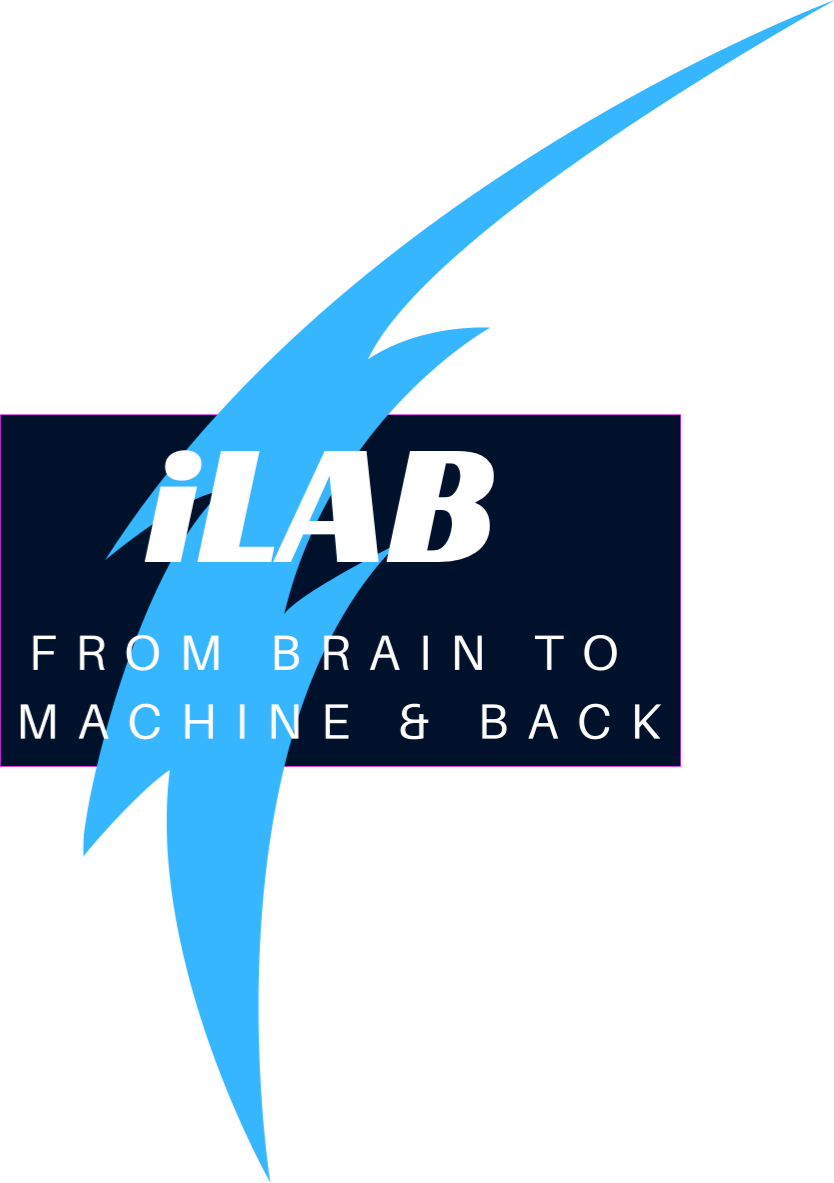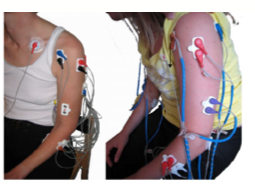In my current project I encountered a stumbling block: inefficient/insufficient exploration. While not really useful as a solution to my problem I finally read this paper I had wanted to for a while. Here is the abstract: Yuri Burda*, Harrison Edwards*, Oleg Klimov (all OpenAI), Amos Storkey (Univ. of Edinburgh) *main authors We introduce an … Read More “JournalClub: Exploration by Random Network Distillation” »
Author: felix
Presented on 26.08.2020 by Felix Grün
Electromyographic (EMG) processing is a vital step towards converting noisy muscle activation signals into robust features that can be decoded and applied to applications such as prosthetics, exoskeletons, and human-machine interfaces. Current state of the art processing methods involve collecting a dense set of features which are sensitive to many of the intra- and intersubject … Read More “JournalClub: Beyond User-Specificity for EMG Decoding Using Multiresolution Muscle Synergy Analysis” »
In this paper we argue for the fundamental importance of the value distribution: the distribution of the random return received by a reinforcement learning agent. This is in contrast to the common approach to reinforcement learning which models the expectation of this return, or value. Although there is an established body of literature studying the … Read More “JournalClub: A Distributional Perspective on Reinforcement Learning” »
Objective: Stroke is a leading cause of long-term motor disability. Stroke patients with severe hand weakness do not profit from rehabilitative treatments. Recently, brain-controlled robotics and sequential functional electrical stimulation allowed some improvement. However, for such therapies to succeed, it is required to decode patients’ intentions for different arm movements. Here, we evaluated whether residual … Read More “Decoding upper limb residual muscle activity in severe chronic stroke” »
Reinforcement Learning (RL) is a subdomain of machine learning that has developed rapidly in recent years and has become increasingly popular. In reinforcement learning an agent learns from experience using a scalar reward signal, in contrast to learning from examples of labelled data as it is done in supervised machine learning. The agent interacts with … Read More “Comparing and Evaluating Prioritized Experience Replay Methods in Reinforcement Learning (Thesis-Proposal)” »
Reinforcement Learning (RL) is a subdomain of machine learning that has developed rapidly in recent years and has become increasingly popular. In reinforcement learning an agent learns from experience using a scalar reward signal, in contrast to learning from examples of labelled data as it is done in supervised machine learning. The agent interacts with … Read More “Comparing and Evaluating Distributional Reinforcement Learning Methods (Thesis Proposal)” »



